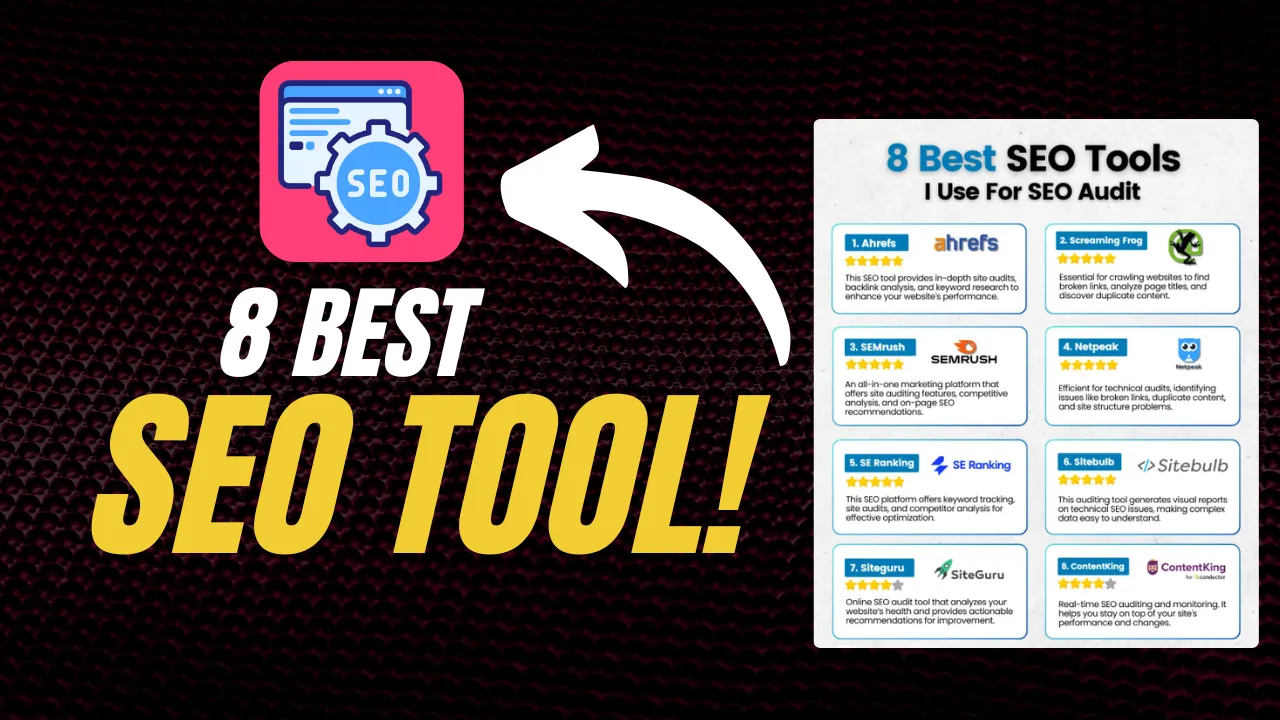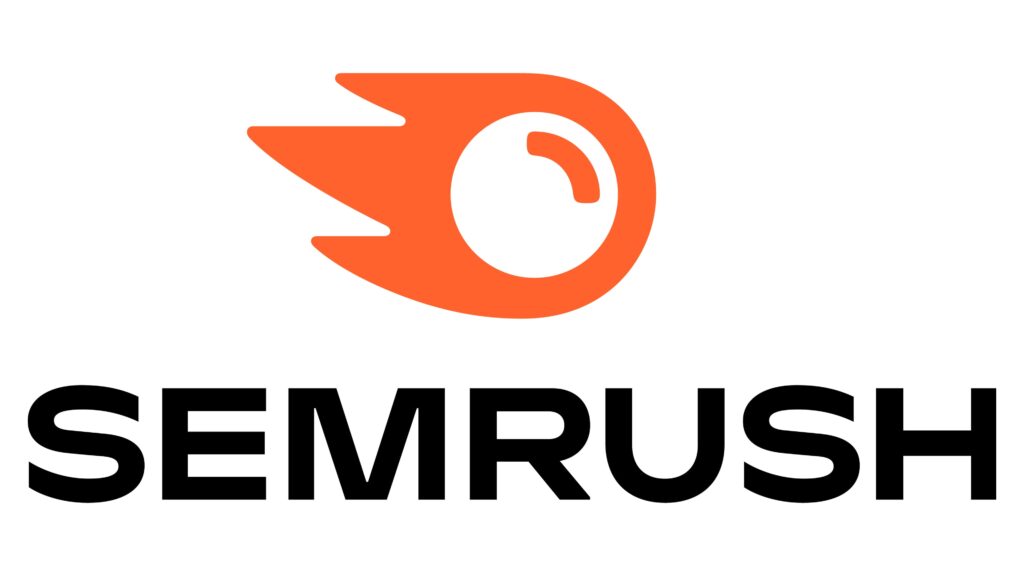
Introduction
WWhen I run an SEO audit, I don’t rely on guesswork — I rely on tools that actually show me what’s happening behind the scenes. Over time, I’ve tested dozens of platforms, and honestly, only a few of them are worth sticking with.Some tools help me find technical issues, some give me keyword and competitor insights, and others keep an eye on my site in real time. Together, they make the whole audit process faster, cleaner, and way more accurate.
In this blog, I’m sharing the 8 SEO tools I personally use and why they’ve stayed in my toolkit. If you’re trying to improve your site’s performance, rankings, or overall SEO workflow, these are the tools that actually make a difference.
8 Best SEO Tools

1. Ahrefs
This SEO tool provides in-depth site audits, backlink analysis, and keyword research to enhance your website’s performance.

2. Screaming Frog
Essential for crawling websites to find broken links, analyze page titles, and discover duplicate content.

3. SEMrush
An all-in-one marketing platform that offers site auditing features, competitive analysis, and on-page SEO recommendations.

4. Netpeak
Efficient for technical audits, identifying issues like broken links, duplicate content, and site structure problems.

5. SE Ranking
This SEO platform offers keyword tracking, site audits, and competitor analysis for effective optimization.

6. Sitebulb
This auditing tool generates visual reports on technical SEO issues, making complex data easy to understand.
7. Siteguru
Online SEO audit tool that analyzes your website’s health and provides actionable recommendations for improvement.

8. ContentKing
Real-time SEO auditing and monitoring. It helps you stay on top of your site’s performance and changes.
Conclusion
At the end of the day, you don’t need every SEO tool out there; you just need the ones that genuinely help you understand your site better. The tools I mentioned are the ones I use regularly because they make audits easier, help me catch issues early, and give me clearer insights to work with.
Try a few of them, see what fits your style, and build your own go-to stack. Once you get comfortable with the right tools, running SEO audits becomes a lot less overwhelming and a lot more effective.
Related blog: 16 SEO TOOLS EVERY BEGINNER SHOULD KNOW



